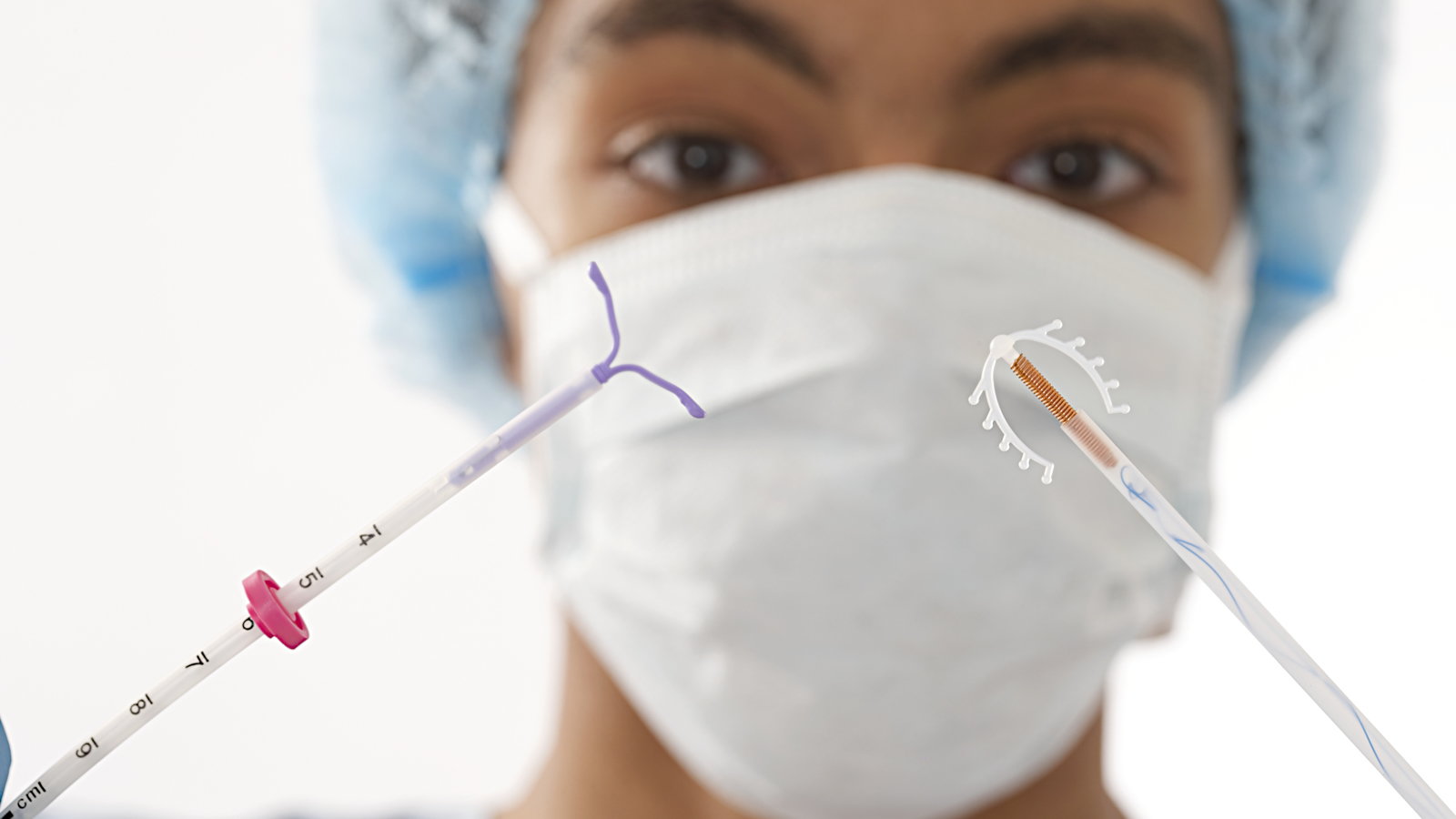
Many parents worry about having the talk with their teens-the talk about birth control. Whether you have sons or daughters, this is a conversation that needs to happen, and it needs to happen before they get "swept up in the moment." Do not believe your child if they claim to know it all; what they know is probably rumors they have heard from friends. The information offered in school health classes varies greatly state to state and school to school, if health classes are offered at all.
Discussing birth control options goes along with discussing overall sexual health and encouraging abstinence, as abstinence is the best way to avoid both pregnancy and sexually transmitted diseases (STDs). You want your children to be prepared and knowledgeable before they find themselves needing this information.
How and When to Approach the Topic
This conversation should be open-ended, and your children should know they can come to you at any time. They may not come to you with questions, of course, so you should bring it up on occasion. Here are some potential opportunities to broach the topic:

When discussing dating, curfews, or even a school dance
Before an appointment with the pediatrician. Remind your teen that the pediatrician is an ally and that she/he can ask the doctor (or nurse) anything regarding physical and mental health and that it will be confidential between the teen and the doctor
While watching an episode of 16 and Pregnant or Teen Mom. A study has shown that teen births went down 5.7 percent in the 18 months after these shows went on air; these shows do not romanticize teen pregnancy
What You Should Cover in Your Talks
Men and women both play a part in protecting themselves, and each other, from both sexually transmitted diseases (STDs) and unexpected pregnancy.
Hormonal vs. Barrier Methods of birth control (Hormonal--the pill--can be effective if done properly, but provides no protection against STDs)
Condoms are most effective against STDs
Some STDs are asymptomatic (chlamydia, gonorrhea), so a teen won't necessarily know s/he has it, which is often how people pass them on unknowingly
This is precisely why safe sex should be the rule, not the exception
Some STDs are incurable (herpes, HIV)
Future relationships and health can be severely impacted by STDs or unwanted pregnancy
Even asymptomatic STDs can cause long-term damage
Pelvic inflammatory disease is commonly associated with chlamydia and gonorrhea and can cause chronic pelvic pain, scarring, and affect fertility
Cervical cancer can be the end result of an HPV infection. Consider the HPV vaccine series, now available for both boys and girls.
STDs can be spread through oral and anal sex
Other Sources of Information
Remind your teen that everything is on the Web, but not everything there is correct. Suggest credible websites that your child can explore for reliable information, at his or her own pace. Some good Websites for teens are WebMD, Planned Parenthood's Info for Teens pages, and Teens Health.
There also are many books focusing on sexuality and sexual health, for children of different ages. Our Bodies, Ourselves (for girls) is regularly updated, and Changing Bodies Changing Lives (for all teens) is in its third edition. You may want to explore some books yourself before choosing one (or more) that you feel is appropriate for your child.

